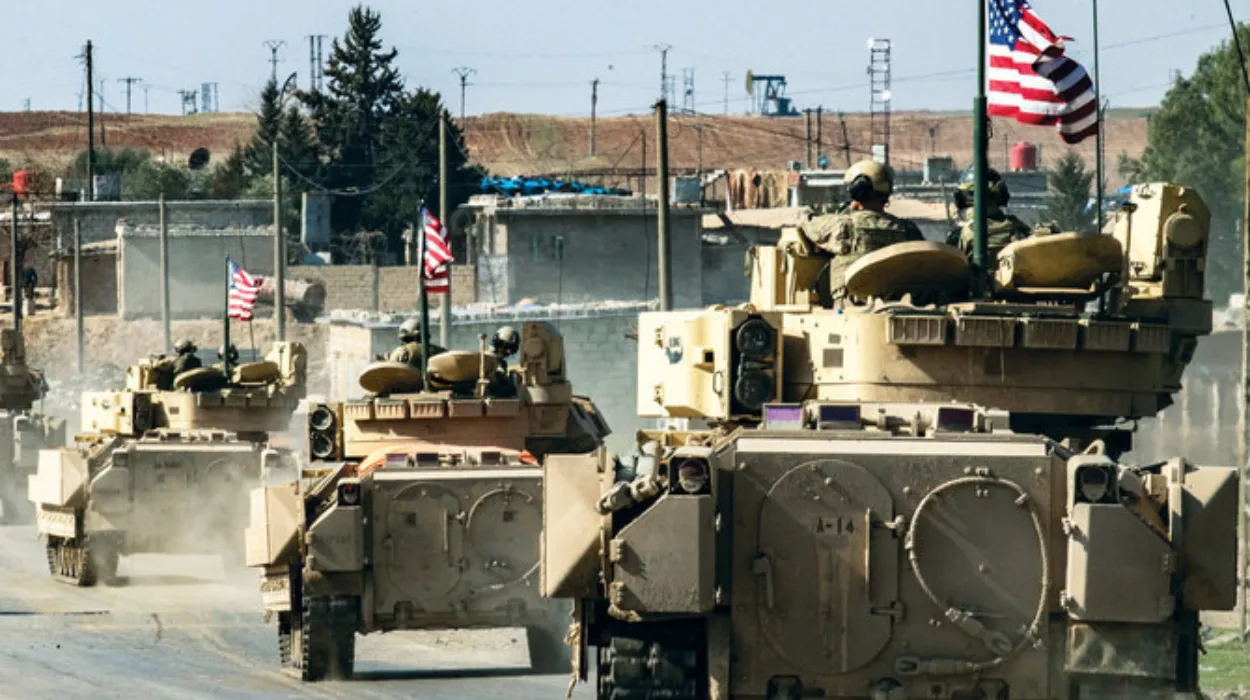Iran (Transatlantic Today)—The Middle East continues to grapple with the fallout of a proxy war between the US and Iran, played out through attacks, counterattacks, and militia-led operations. This shadow conflict, while falling short of direct confrontation, heavily burdens vulnerable Arab nations caught in the crossfire.
A Complex Web of Proxy Warfare
Since October 2023, Iran-backed militias have launched over 170 attacks on US military installations in Syria, Iraq, and Jordan, while the US has responded with airstrikes targeting Iranian-linked assets. The conflict mirrors a broader strategy by Tehran to indirectly pressure the US and Israel while maintaining plausible deniability.
Iran denies direct control over militias operating in the region, such as Hezbollah, Kataib Hezbollah, and the Houthis. However, experts believe these groups act as “expendable pawns” for Iran’s geopolitical goals, particularly in response to the ongoing Israel-Hamas conflict.
Impact on Regional Stability
The proxy warfare unfolds at the expense of Arab nations like Iraq, Syria, Jordan, and Yemen. These countries bear the human and infrastructural costs of the conflict. Analysts argue the region has become a “bargaining chip” for power plays between the US-Israel alliance and Iran.
Key incidents highlight the fragility of the situation:
- A January 28 drone attack on US forces in Jordan killed three soldiers, prompting a significant retaliatory US strike on Iranian militia positions.
- Iranian-backed Houthi rebels have also escalated attacks in the Red Sea, threatening global shipping routes.
Strategic Calculations and Risks
While Iran and the US appear to avoid direct confrontation, analysts warn the situation could spiral out of control. The killing of Qassem Soleimani in 2020 serves as a reminder of how quickly escalations can occur.
Iran’s proxies serve as tools to undermine US and Israeli influence while avoiding the risks of direct engagement. Yet, critics argue that this approach costs innocent Arab lives and destabilizes the region further.
The Broader Picture
The US appears reluctant to engage Iran directly, given its strategic role in countering Sunni militant groups, containing China’s influence, and maintaining regional balance. For Iran, the proxy strategy allows it to project power while avoiding outright war.
As the conflict endures, Arab nations remain caught in a deadly chess game, with their sovereignty and stability hanging in the balance.


























